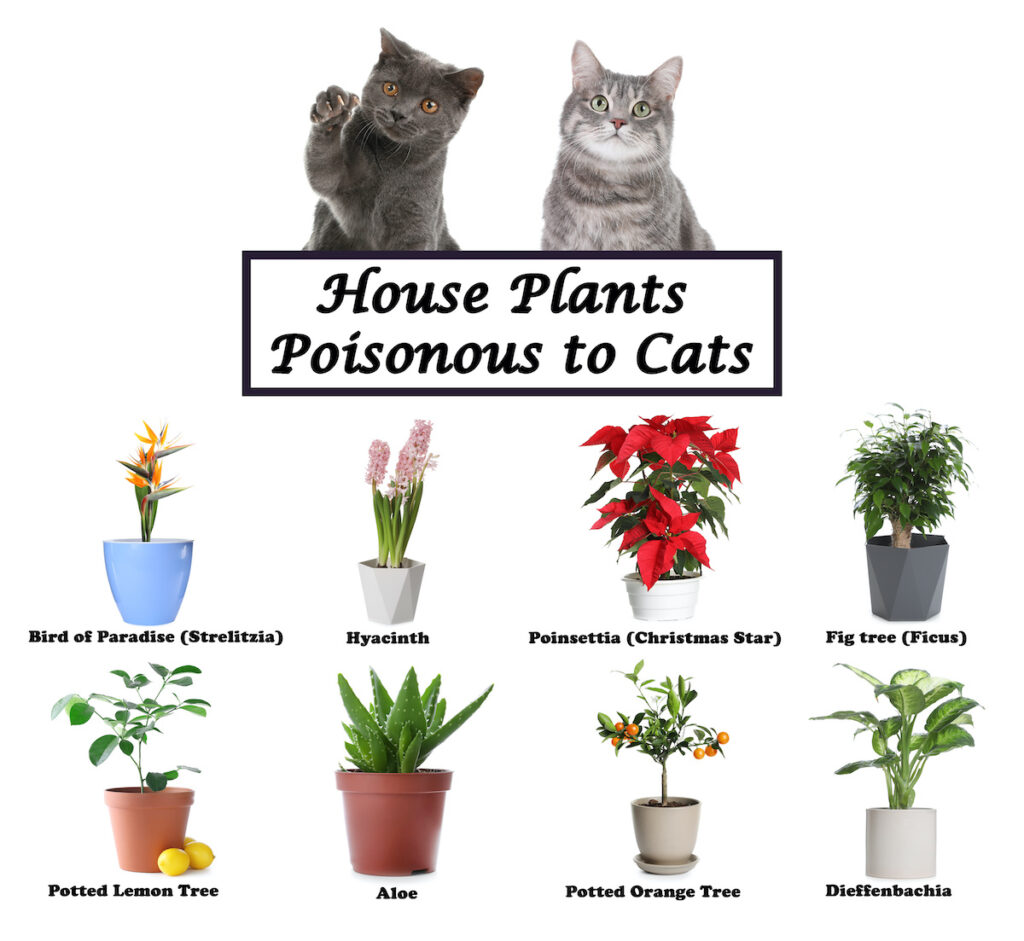As a cat owner, you likely want to ensure your feline friend has a safe environment. One common concern is whether houseplants pose a toxic risk The pickle plant has shot up in popularity for its fun, unique appeal But is this trendy succulent dangerous for cats? Let’s take a closer look at pickle plant toxicity.
What Is a Pickle Plant?
The pickle plant, also known as Delosperma cooperi, is a flowering succulent. It gets its quirky name from the plump, oblong leaves that resemble tiny pickles.
Native to South Africa, pickle plants have a spreading growth habit and reach just 2-8 inches tall The leaves are green to purple-green in color From late spring into fall, this plant produces daisy-like yellow flowers.
Pickle plants are drought-tolerant and do well in hot, dry conditions They make low-maintenance houseplants or small-scale groundcovers in warm climates
Is Pickle Plant Toxic to Cats?
The good news is pickle plants are non-toxic for cats. Both the leaves and flowers are safe if ingested.
Like most succulents, pickle plants don’t like to be overwatered. The fleshy leaves will start to turn mushy and translucent if the plant stays too wet. But the pickle plant isn’t poisonous, even in this overwatered state.
So you don’t have to worry if your curious kitty takes a nibble. This cute little plant poses no toxic dangers.
Signs of Plant Poisoning in Cats
While pickle plants are cat-safe, many common houseplants can cause poisoning. Watch for these signs if you suspect your cat has ingested a toxic plant:
- Drooling or difficulty swallowing
- Pawing at the mouth
- Vomiting
- Diarrhea
- Loss of appetite
- Lethargy or depression
- Dilated pupils
- Fast, shallow breathing
- Seizures
- Collapse
If your cat shows any concerning symptoms after eating a plant, take them to the vet right away. Don’t wait to see if the signs resolve on their own. Quick treatment is essential for the best outcome.
Other Succulents Safe for Cats
If you love the textured look of succulents, rest assured many varieties are non-toxic for cats. Here are a few fun options to safely decorate your home:
-
Burro’s Tail: Long, trailing stems covered in plump leaves. Grows up to 3 feet.
-
Ponytail Palm: Shaggy trunk and curly, grass-like foliage. Grows up to 6 feet.
-
Paddle Plant: Rounded, spoon-shaped leaves on thick stems. Grows 1-3 feet tall.
-
Zebra Haworthia: Spiky leaves with white bands. Stays under 6 inches tall.
-
Hens and Chicks: Clump-forming with rosette leaves. Grows just 3-6 inches.
-
Panda Plant: Fuzzy, strappy leaves with white spots. Grows 6-12 inches tall.
Toxic Plants to Avoid with Cats
While pickle plants don’t pose a risk, many popular houseplants can be quite dangerous for cats. Steer clear of:
-
Lilies: All lily varieties are extremely toxic to cats, causing kidney failure.
-
Sago Palms: Ingesting any part of a sago palm can be deadly.
-
Aloe Vera: The gel and juice inside aloe leaves is very irritating.
-
Tulips/Daffodils: All bulb plants contain toxins that cause mouth pain, vomiting, and tissue damage.
-
Azaleas/Rhododendrons: These pretty flowering shrubs contain grayanotoxins that affect the heart.
-
Chrysanthemums: Mums contain pyrethrin compounds that cause salivation, vomiting, diarrhea, etc.
-
Peace Lilies: The leaves, flowers, and pollen contain calcium oxalate crystals that are painful if ingested.
Take precautions and keep these dangerous plants well out of your cat’s reach. The ASPCA has a more exhaustive list of toxic and non-toxic plants for cats here.
Safeguard Your Feline with Cat-Friendly Plants
You don’t have to give up houseplants entirely because you own a cat. Opt for non-toxic varieties like the pickle plant to enjoy greenery without risk. Also, make plants unattractive by using a deterrent spray and keep them out of kitty’s way on high shelves or behind barriers.
Above all, when bringing new plants home, take time to verify they are cat-safe. A few easy precautions will let you and your cat live happily with indoor plants.
Plants That Are Toxic to Cats!!
FAQ
What is the most toxic plant to cats?
Are dill pickles toxic to cats?
Is a kalanchoe plant poisonous to cats?
Is a pickle plant a cactus?
- The Ultimate Guide to Growing Strawberries in Raised Beds - August 8, 2025
- No-Dig Garden Beds: The Easiest Way to Grow a Beautiful Garden - August 6, 2025
- How to Protect and Preserve Wood for Raised Garden Beds - August 6, 2025

